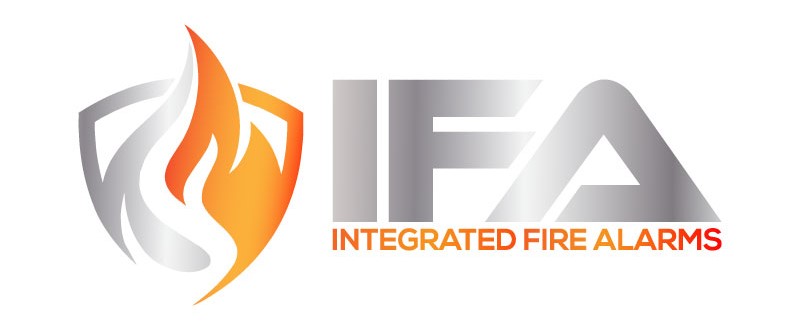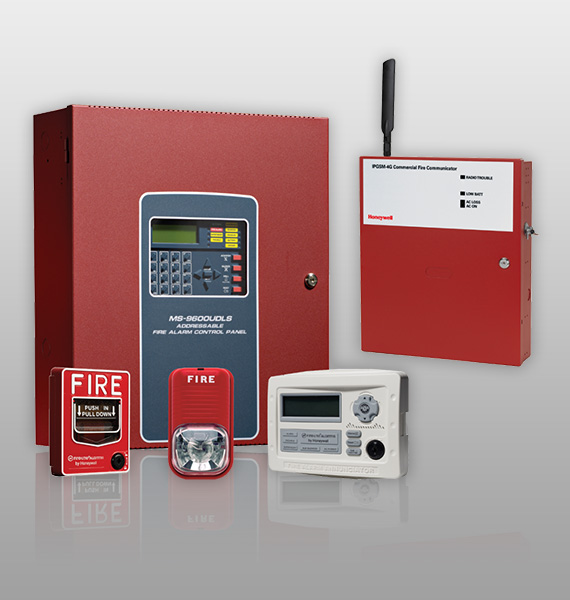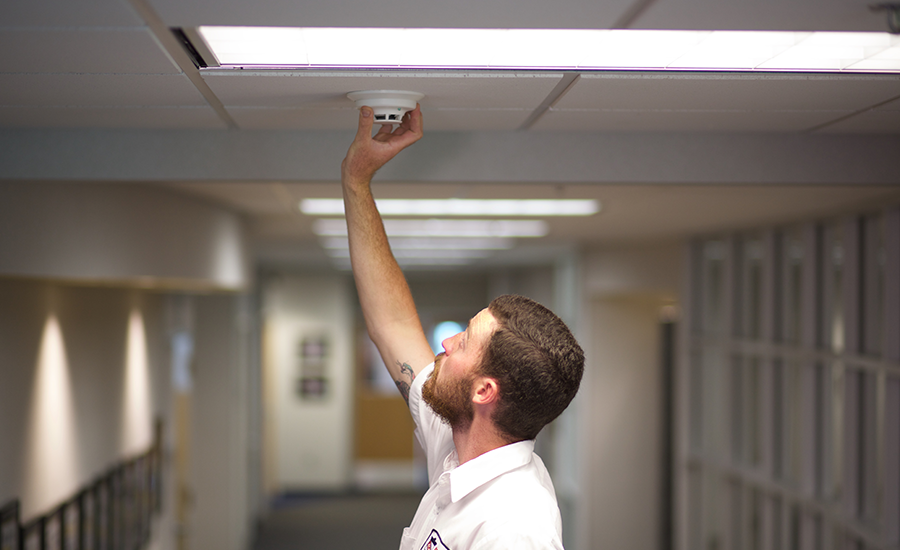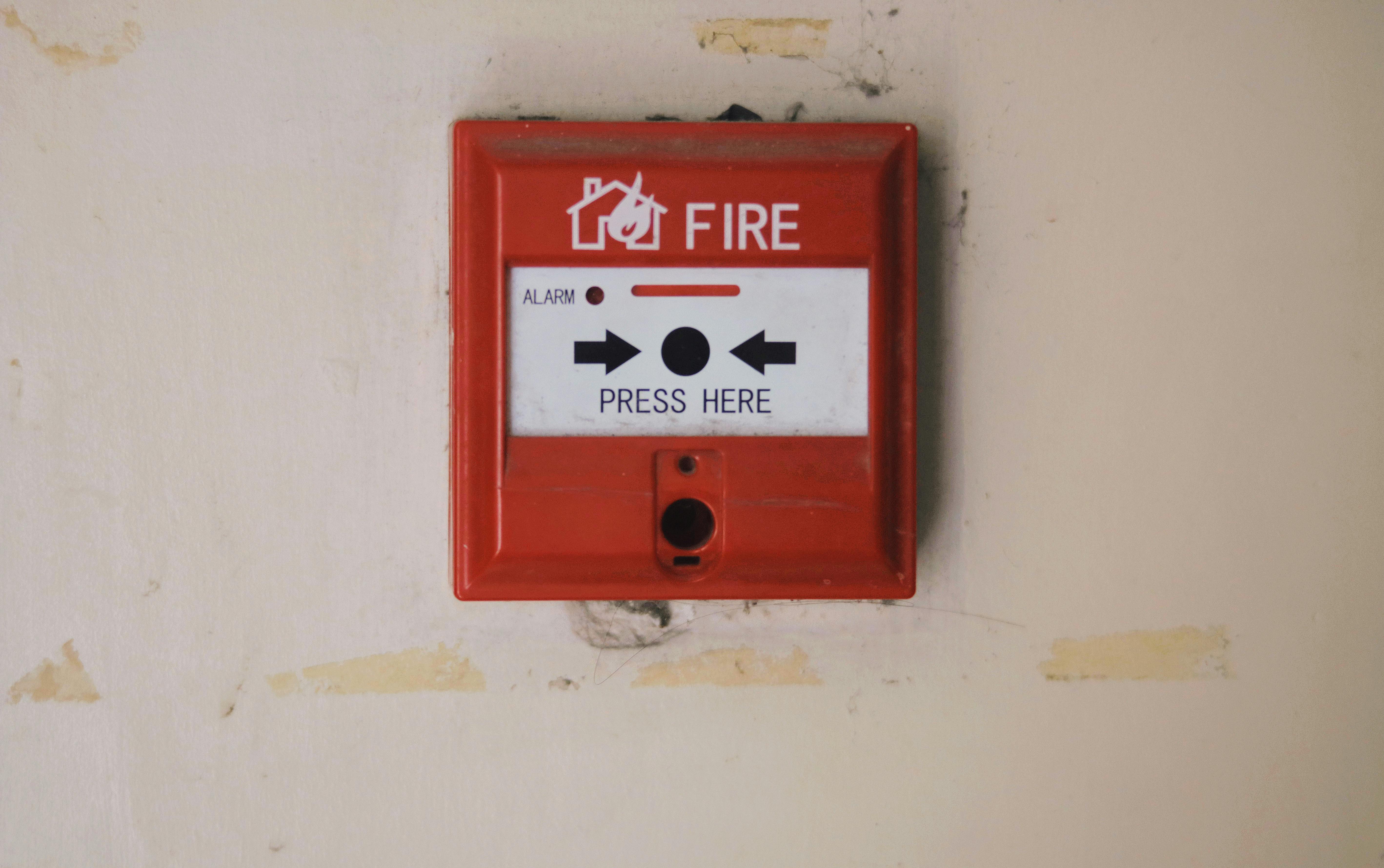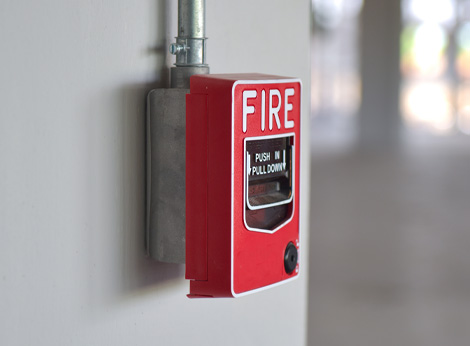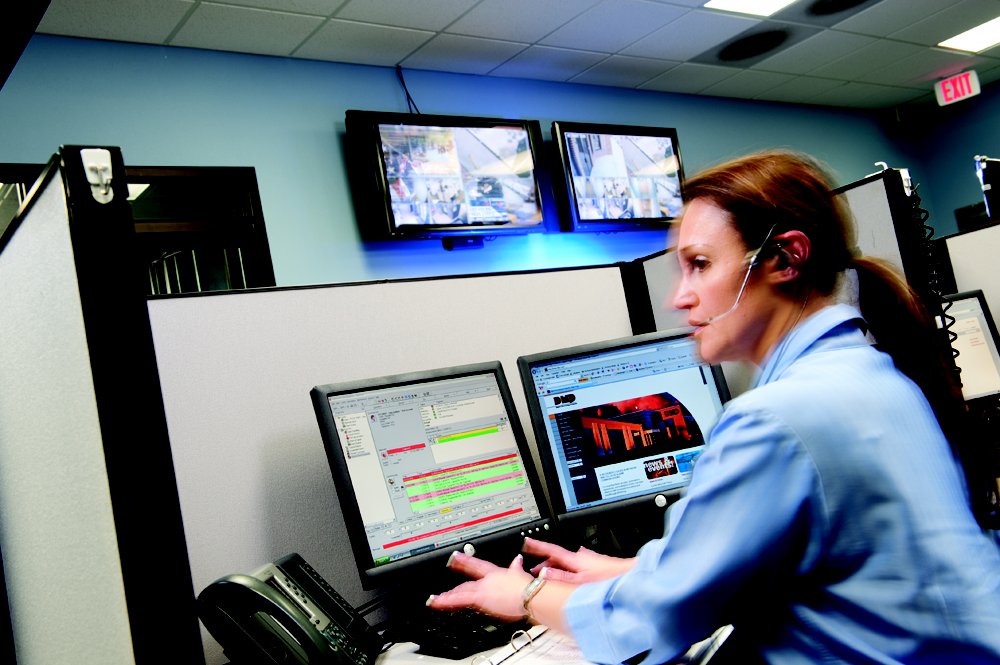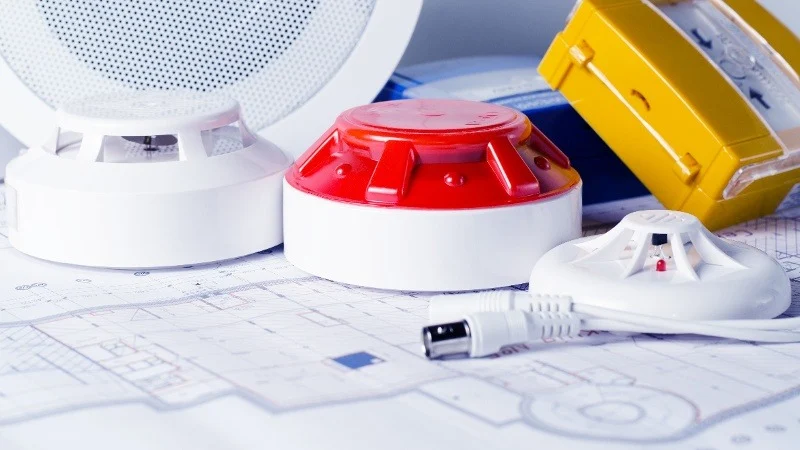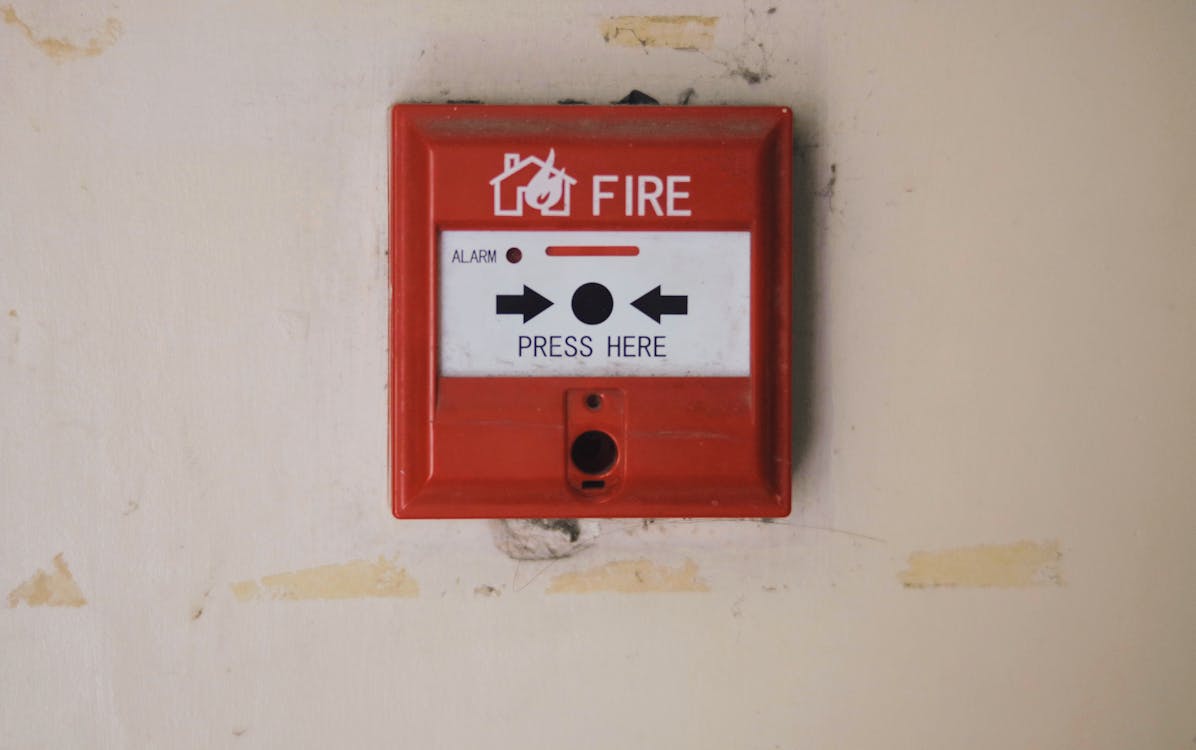
Fire alarm monitoring services are essential for ensuring the safety and security of businesses and commercial properties. These services provide constant surveillance of a property’s fire alarm systems, allowing for immediate response in the event of an emergency. This comprehensive guide will explore the benefits and features of fire alarm monitoring services, as well as the various types of monitoring available.
What are Fire Alarm Monitoring Services?
Fire alarm monitoring services are specialized surveillance solutions designed to protect businesses and properties from fire emergencies. These services involve a team of trained monitors who constantly watch over the fire alarm system, ensuring quick response times in the event of an emergency. Some fire alarm monitoring services also provide monitoring for supervisory signals, which can detect issues such as sprinkler malfunctions or electrical problems.
Primary Functions of Fire Alarm Monitoring Services
- Alarm monitoring: A central station monitors the fire alarm system to detect any signs of fire, smoke, or heat. In the event of an emergency, the monitoring team will immediately dispatch the local fire department and notify the property owner and alarm dealer.
- Supervisory signal monitoring: Monitors also track supervisory signals, which indicate potential issues with the fire protection system, such as sprinkler malfunctions. This helps businesses identify and resolve issues before they escalate into dangerous situations.
- Trouble signal monitoring: Fire alarm monitoring services may also monitor for trouble signals, which can indicate electrical malfunctions or other issues within the fire alarm system. This allows for prompt identification and resolution of problems, ensuring the alarm system remains fully functional.
- Recordkeeping: Monitoring services maintain detailed records of all signals received, allowing businesses to track and analyze their fire alarm system’s performance.
Additional Services
Many fire alarm monitoring services also offer additional features for enhanced protection, such as:
- Instant notifications: Property owners can receive instant notifications of alarm events, power failures, and other actionable events.
- System testing, inspection, and maintenance: Regular testing, inspection, and maintenance of the fire alarm system ensures optimal performance and compliance with fire safety regulations.
- Integration with other security systems: Fire alarm monitoring services can often be integrated with other security solutions, such as intrusion alarms, access control systems, and video surveillance.
Benefits of Fire Alarm Monitoring Services
There are numerous advantages to using fire alarm monitoring services, including:
- Increased protection: With a team of trained monitors constantly watching over your property, you can have peace of mind knowing that your business is protected from fire emergencies.
- Faster response times: In the event of a fire, the monitoring team will quickly dispatch the local fire department, ensuring a prompt response to the emergency.
- Reduced property insurance costs: Businesses with monitored fire alarm systems often enjoy lower insurance premiums, as they are considered less prone to physical losses.
- Enhanced peace of mind: Even when you’re not on-site, you can rest assured that your property is being monitored for emergencies, protecting your employees, inventory, and valuable data.
- Compliance with fire safety regulations: Fire alarm monitoring services can help businesses meet fire safety standards and maintain compliance with local regulations.
Types of Fire Alarm Monitoring Services
There are several types of fire alarm monitoring services available, each with its own features and advantages. These include:
- Central station monitoring: This is the most common type of fire alarm monitoring service, where a team of trained professionals monitors the fire alarm system from a central location. In the event of an emergency, the central station will dispatch the local fire department and notify the property owner and alarm dealer.
- Remote monitoring: With remote monitoring services, the fire alarm system is monitored by a team of professionals located off-site. This type of monitoring offers many of the same benefits as central station monitoring, but may be more suited to businesses with multiple locations or those without a dedicated on-site security team.
- Self-monitoring: Some businesses choose to monitor their fire alarm systems in-house, using their own employees or security personnel. While this option can save on monitoring fees, it may not provide the same level of protection as professional monitoring services.
- Wireless monitoring: Wireless fire alarm monitoring services use cellular or radio signals to transmit alarm information, eliminating the need for phone lines. This type of monitoring can offer increased reliability, as it is less susceptible to disruptions caused by natural disasters or vandalism.
Selecting the Right Fire Alarm Monitoring Service
When choosing a fire alarm monitoring service, there are several factors to consider:
- Reputation and experience: Look for a service provider with a strong reputation and a track record of success in the industry. Companies like Hubspot and Wordstream have trusted monitoring services to protect their properties.
- Certifications and licenses: Ensure the monitoring service is certified by recognized industry organizations and holds the necessary licenses to operate in your area.
- Technological capabilities: Choose a service that uses state-of-the-art monitoring systems and can integrate with your existing security solutions.
- Customer support and responsiveness: Select a monitoring service that provides exceptional customer support and is responsive to your needs and concerns.
- Pricing and contract terms: Evaluate the pricing structure and contract terms to ensure they align with your budget and requirements.
Conclusion
Fire alarm monitoring services are an essential component of any effective fire protection strategy. By investing in a high-quality monitoring service, businesses can enjoy increased protection, faster response times, and reduced property insurance costs. To choose the right service, it’s important to consider factors such as reputation, certifications, technological capabilities, and customer support. With the right fire alarm monitoring service in place, businesses can have peace of mind knowing their property is protected from fire emergencies.
